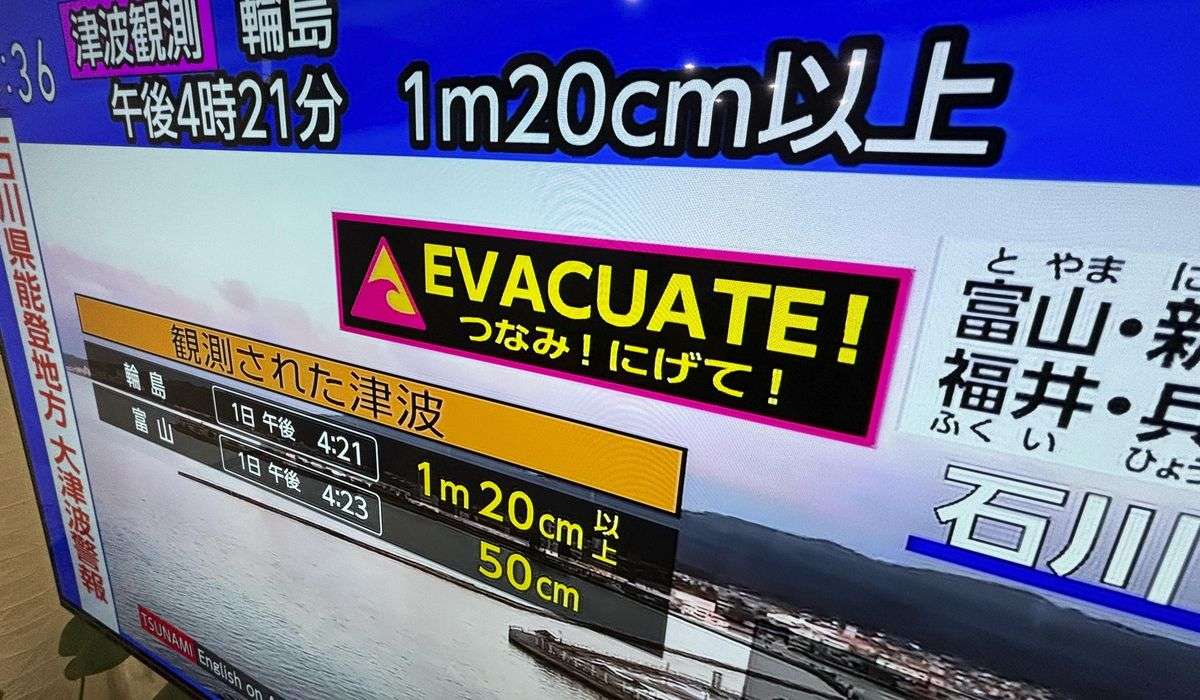Website allows users to listen to thousands of radio stations around the world
By Mark Jenkins,
iStock
When I spent a few days in Ubud, Bali’s cultural-tourism capital, gamelan music was rarely out of earshot. The intricate percussive music — the principal thing that drew me to the island — clanged from shops, restaurants and abundant open-air performance spaces. I expected to experience that ubiquity again when I returned recently, some 20 years later. Instead, as I glided over the Indonesian archipelago, I heard thumping EDM, treacly pop and whole foundries of shrieking heavy metal.
Of course, I didn’t travel to Bali in person this time. The island and the rest of Indonesia are closed to international travelers because of covid-19, according to the latest State Department advisory. Neither could I have physically floated above the South Pacific. It was my cursor that did the hovering as it navigated Radio.garden, a website that portrays more than 33,000 streaming radio stations as individual green dots on a spinnable virtual globe that charts oceans, deserts and mountains but not national borders.
Radio Garden is a banquet for anyone who enjoys maps, international music and travel, and self-guided cultural studies. It began in 2016 as a temporary project of the Netherlands Institute for Sound and Vision, devised by interactive design firms Studio Puckey and Moniker. The site was such a sensation that co-designer Jonathan Puckey decided to keep it in operation after its initial run. The website, also available as an app, became an independent company in 2019 — just in time for the pandemic, which boosted usage by as much as 750 percent in some periods.
“Since launching it my view has always been to not mess up the magic that makes people fall in love with the platform, while improving everything else,” Puckey said by email. “I try not to think too much about the millions of people using the platform every week, but my heart does skip a beat whenever I look at our live map and see people across the world using it.”
[Where to find answers to your questions about international travel]
To the Amsterdam-based Dutch British designer, the site’s essence is “this exciting tension between people and their geographical location. In some ways we are formed by our surroundings, and in other ways we shape them. Culture flows through the world and shifts in language, accent and tone at every bend.”
Decades before the Internet, Canadian communications theorist Marshall McLuhan distinguished TV, a “cool medium,” from radio. The latter “affects most intimately, person-to-person, offering a world of unspoken communication between writer-speaker and the listener,” McLuhan wrote in 1964. “It certainly contracts the world to village size and creates insatiable village tastes for gossip, rumor and personal malice.”
Radio Garden’s version of McLuhan’s “global village” is more benign — and far more extensive — than the thinker could have imagined. Yet Puckey tries to make the experience as rooted as possible. “We do our best to verify the location of the streaming stations and turn away stations that do not list their location on their website,” he noted.
Each green dot represents a streaming service, only some of which mirror a radio station’s terrestrial broadcast signal. Several regions are populated by many more stations that could possibly be accommodated on the AM and FM spectra. Green dots are especially thick on the ground in Western Europe, where Paris’s 472 stations make the French capital No. 1 with a bullet on Radio Garden’s hit parade. Much thinner are China, Iran, the Arab world and much of Africa, due to both political and technical considerations.
“While we were blocked in China on a domain level and in the major app stores for unknown reasons, we have been receiving submissions for stations in China again recently,” Puckey wrote. (Most of the currently available ones are in the Hong Kong/Macao/Guangzhou region.) “In certain countries bandwidth costs are very high, which might make it unsustainable to stream online.”
Radio Garden isn’t the only Web platform that streams radio from around the world. Other sites — streema.com and mytuner-radio.com are just two of them — often offer more information about stations and programming than Radio Garden does. Puckey plans to add more such data and to translate his site into such languages as Arabic, Spanish, Portuguese, French and possibly others. But Radio Garden has a significant advantage over other worldwide streaming-radio sites, he suggested.
[Higher prices and hard-to-find reservations: What to know about outdoor adventures this summer]
“While these services work well if you already know what you want to listen to, they do not offer much in the form of magic or heart when it comes to discovering new things,” he wrote. “There is a magical space in between getting lost and finding your way that we try to tap into with Radio Garden.”
Audio-hopping
Hours spent circling Radio Garden yield many insights — all of which are debatable, since no listener can sample enough stations at enough times to really comprehend what’s streaming worldwide. English-language pop seems to be the most common content, followed by local-lingo versions of such music. U.S. radio formats are widely emulated, with American-style promo announcements — in English — employed by stations from Gold FM 93.2 (Colombo, Sri Lanka) to Love FM 97.5 (Phnom Penh, Cambodia) to Radio Mega Mix (Kameyama, Japan).
From Jerusalem; to Cape Town, South Africa; to Palma de Mallorca, Spain, the performers I encountered most often were the Beatles and Beach Boys, although oldies stations generally trend toward the 1980s and ’90s. (Berlin’s uber-specialized 80s80s service has channels devoted to multiple genres from that decade, as well as three that play nothing but Prince, David Bowie or Michael Jackson, respectively.) Once, while swooping from continent to continent, I chanced upon Diana Ross’s “Upside Down” twice in under 10 minutes. And I heard John Lennon’s “Imagine” on a Basque-
language station that, presumably, would rather dump its equipment into the Bay of Biscay than air a word of Spanish or French.
Another popular English-language export is Christian soft-rock from, or in the mode of, Australia’s Hillsong megachurch. The many religious stations generally track the dominant local faith, but Christian stations do missionary work from Macao to Chennai, India (which has at least four), to Lusaka, Zambia.
For Radio Garden users, the possibilities are effectively infinite. Listeners can surf nonstop or settle in one spot. They can seek patter in a language they know or groove to the cadences of one they don’t. They can partake in such near-universal hymns as “Hey Jude” and “Good Vibrations,” or seek something more regionally specific. They can explore places they’ve never been or revisit ones they know.
I audio-hopped to several music capitals I’ve never toured in real life, including Dakar, Senegal, and Dunedin, New Zealand. But I found myself drawn to places I know, at least a little, and to music that would never air on a globalized oldies station.
I found both familiar turf and unconventional music on such stations as Carmarthen’s Cymru FM, which plays nothing but Welsh-language rock, folk and pop. (“Cymru” is Welsh for Wales.) Also on Osaka, Japan’s Gyusyabu Retro AC Game Radio, which programs only bleepy tunes from ancient electronic games, and Tokyo’s Listen.moe, which specializes in songs from anime. (“Moe” is Japanese slang from the affection fans feel toward fictional characters, usually big-eyed girls.)
Then, as my cursor slipped northeast from Ubud, I discovered Radio Seribatu, which operates four channels. Komodo streams Asian-only rock, punk and metal; Volcano entirely Balinese punk, indie and alternative rock; and Mesin exclusively Balinese house, techno, trance and electro. The other outlet is Seribatu Village Radio, an FM station that plays traditional Balinese music.
The metallic tones and interlocking five-note patterns were transporting. In them I heard rice paddies, monkey forests, sultry air, shadow puppets and tiny lizards perched on the ceiling. I was sitting at the same computer where I’ve been for all too much of the last year. I was also somewhere else.
Jenkins is a writer based in D.C. Find him on Twitter: @MarkJenkinsDC.
More from Travel:
How we can overcome our covid conditioning and start traveling again
With airline altercations on the rise, a guide to best practices for bystanders
The Hudson Valley’s outdoor art parks make for an alluring pandemic destination






